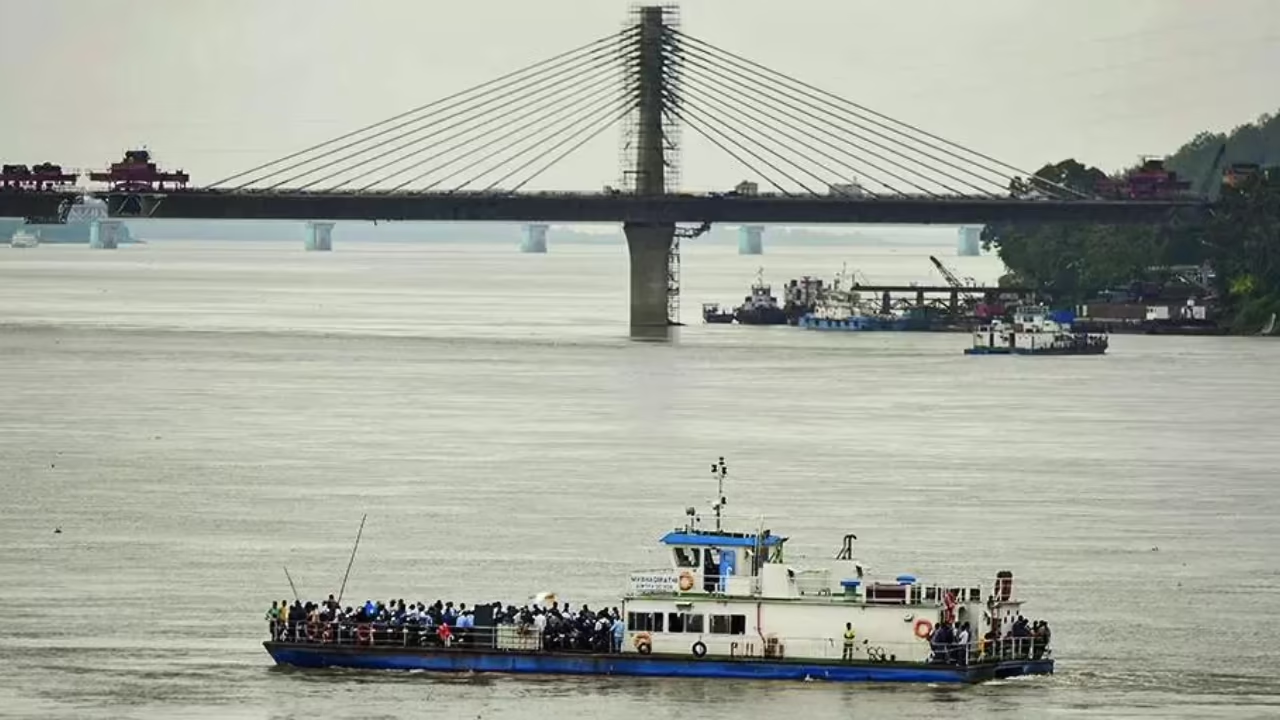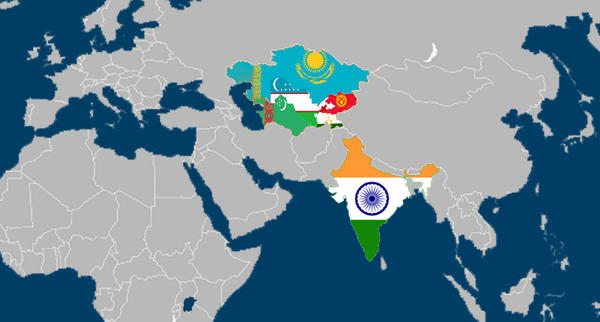- Courses
- GS Full Course 1 Year
- GS Full Course 2 Year
- GS Full Course 3 Year
- GS Full Course Till Selection
- MEP (Mains Enrichment Programme) Data, Facts
- Essay Target – 150+ Marks
- Online Program
- GS Recorded Course
- NCERT- First Ladder
- Polity
- Geography
- Economy
- Ancient, Medieval and Art & Culture AMAC
- Modern India, Post Independence & World History
- Environment
- Governance
- Science & Technology
- International Relations and Internal Security
- Disaster Management
- Ethics
- Current Affairs
- Indian Society and Social Issue
- CSAT
- 5 LAYERED ARJUNA Mentorship
- Public Administration Optional
- ABOUT US
- OUR TOPPERS
- TEST SERIES
- FREE STUDY MATERIAL
- VIDEOS
- CONTACT US
ADR report on Parliamentarians of India
ADR report on Parliamentarians of India
13-09-2023
Latest Context:
Recently, the Association for Democratic Reforms (ADR) released a report titled “Analysis of sitting MPs from Lok Sabha and Rajya Sabha of India 2023”.
Key findings of the report are:
- Out of 763 MPs analysed, almost 40% MPs have declared criminal cases against themselves.
- Around 25% MPs have declared serious criminal cases against them including cases related to murder, kidnapping, crimes against women etc.
- Kerala has the highest percentage of MPs with criminal cases followed by Bihar, and Maharashtra.
- Surprisingly, the average assets of sitting MPs with declared criminal cases is more than assets of MPs with no criminal cases.
What is Criminalisation of Politics (CoP)?
It refers to the phenomenon, where individuals with a history of criminal activities or those facing criminal charges become actively involved in politics and even hold political offices.
Reasons for CoP in India
- Weak Legal Framework: India's legal system has been criticized for its slow judicial processes, weak enforcement, and delays in resolving cases. This creates opportunities for politicians facing criminal charges to delay or evade legal consequences, making it easier for them to continue their political careers.
- Electoral Competition: India's highly competitive political landscape often places many rewards on winning elections. Some political parties may prioritize the electability of candidates over their criminal backgrounds, especially if they are seen as popular or influential figures in their constituencies.
- Money and Muscle Power: Politics in India often involves significant financial resources and muscle power. Individuals with criminal backgrounds may have access to both, which can make them attractive candidates and help them win elections.
- Caste and Identity Politics: Caste-based and identity-based politics are prevalent in India. Some candidates with criminal backgrounds may exploit these divisions to gain support from particular communities or regions, making them valuable assets for political parties.
- Lack of Voter Awareness: In many parts of India, voters may not have access to comprehensive information about the criminal histories of candidates. Lack of awareness about the backgrounds of political aspirants can result in uninformed voting decisions.
- Political Patronage: Some political leaders provide patronage and protection to individuals with criminal records in exchange for support during elections or for their roles as muscle men during political campaigns.
- State and Local Issues: In regions where the government has a limited presence or where there are ongoing conflicts, candidates with criminal backgrounds may be seen as providers of security or essential services, gaining local support as a result.
- Weak Political Party Systems: Some political parties in India may have weak internal mechanisms for candidate selection. This can lead to the nomination of individuals with questionable backgrounds.
- Slow Justice System: The slow pace of the Indian justice system can result in lengthy legal proceedings. Politicians facing criminal charges may use this delay to remain in office and even get re-elected before their cases are resolved.
- Political Expediency: Some political parties and leaders might view individuals with criminal records as useful for countering rival political forces or maintaining control in certain regions.
Impact of CoP
- Erosion of Trust in Democracy: CoP erodes public trust in the democratic process, as citizens may lose faith in political institutions when individuals with criminal backgrounds hold significant positions of power.
- Weakening of Rule of Law: When politicians with criminal records escape legal consequences, it weakens the rule of law and undermines the principle that everyone is equal before the law.
- Corruption and Criminality: CoP can promote corruption within the government as politicians with criminal backgrounds may engage in corrupt practices, such as bribery to protect their interests.
- Impaired Governance: Politicians involved in criminal activities may prioritize their personal interests over the welfare of the public, resulting in impaired governance, misallocation of resources, and the neglect of critical issues.
- Encouragement of Criminal Networks: CoP can empower criminal networks and organizations by providing them with political protection and influence, furthering their illegal activities.
- Violence: Politicians with criminal backgrounds may use violence and intimidation tactics to suppress opposition, control electoral processes, and maintain their grip on power.
- Distorted Policy Priorities: CoP can lead to policy decisions that serve the interests of criminal elements rather than the broader population. This can hinder socioeconomic development.
- Hindrance to Economic Growth: When corruption and criminality thrive in government, it can deter foreign investment, hinder economic growth, and lead to economic instability.
- Social Discontent: CoP can generate social discontent and lead to protests, civil unrest, and public dissatisfaction, as citizens become increasingly frustrated with the corrupt politicians.
- Impaired International Relations: CoP can damage a country's reputation on the international stage, affecting diplomatic relations and cooperation with other nations.
Conclusion and Way Forward
Efforts to address the issue of CoP in India include calls for electoral reforms, increased transparency, and greater public awareness about candidates' criminal backgrounds. Additionally, legal reforms and faster adjudication of criminal cases involving politicians can play a crucial role in reducing CoP in the country.
Ques. ‘Criminalisation of Politics is a big threat for democracy in India’. Comment.
Must Check: Best IAS Coaching In Delhi



